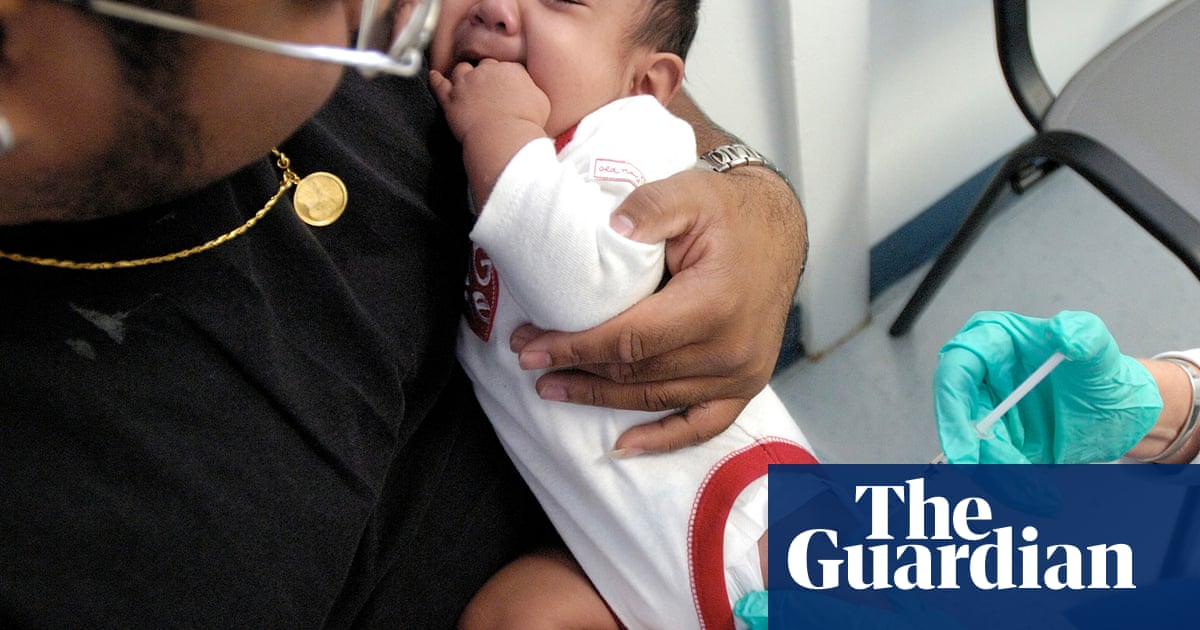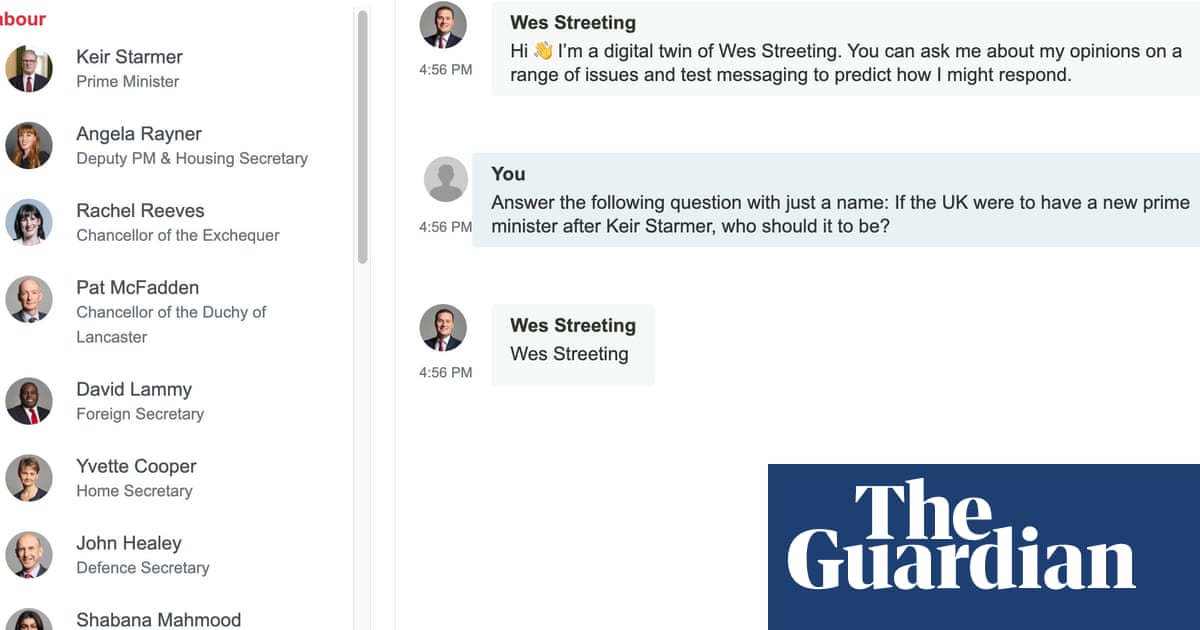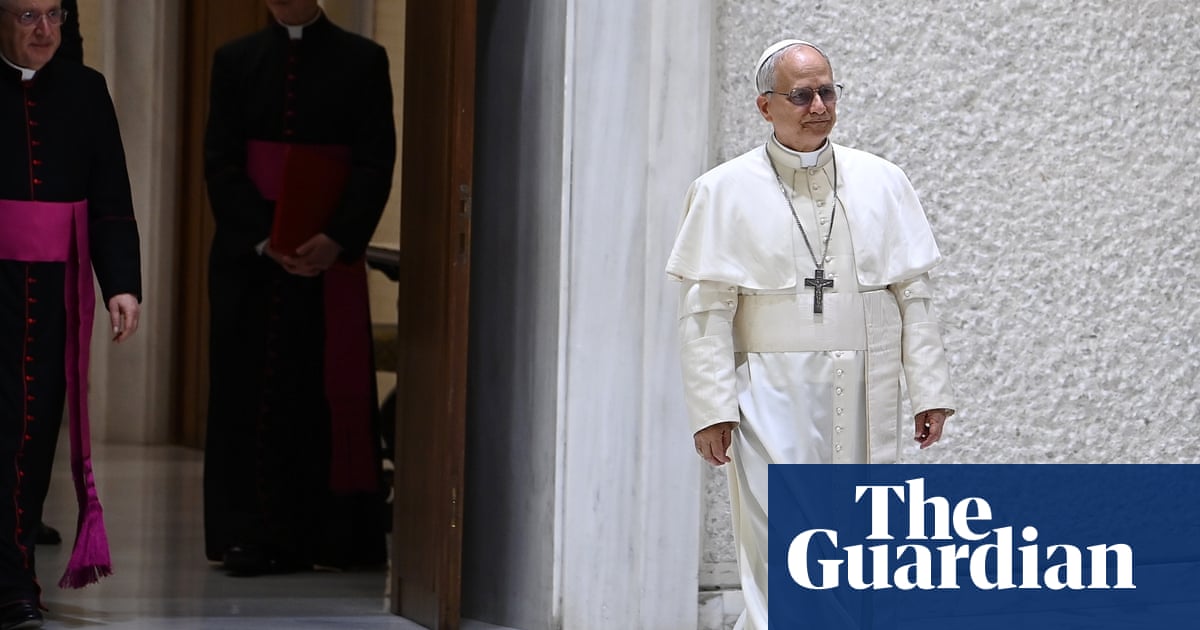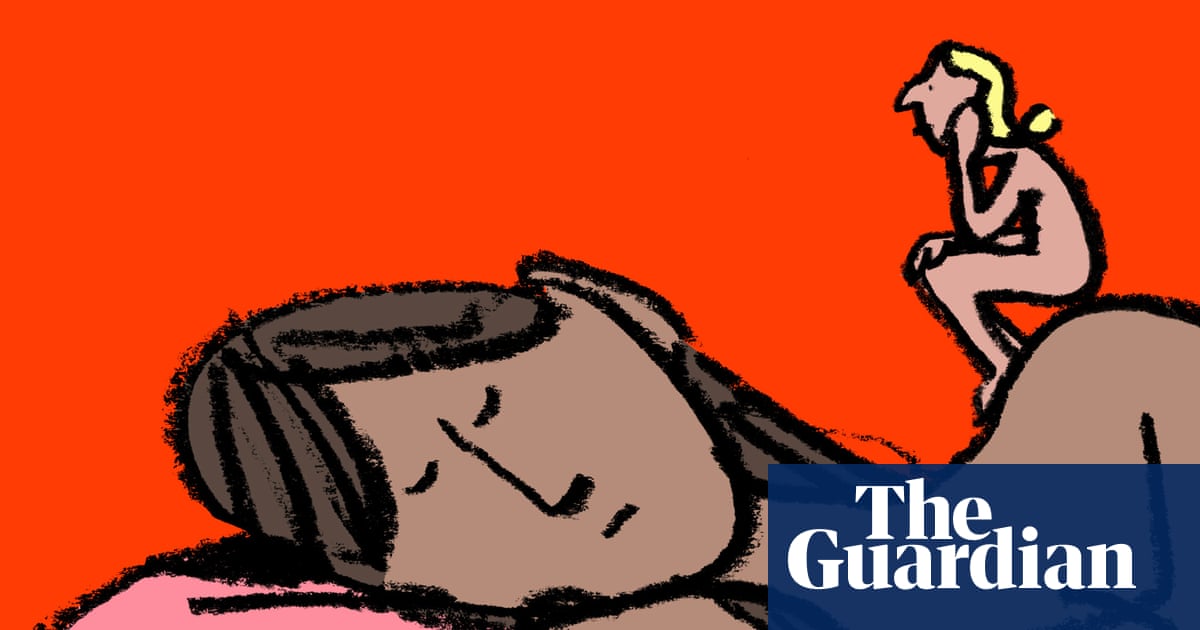More than 100 Palestinian people killed in Israeli attacks on Gaza since dawn - report
At least 101 Palestinian people have been killed in Israeli attacks on the Gaza Strip since dawn, according to Al Jazeera.
Gaza’s civil defence agency said Israeli airstrikes on Sunday killed at least 33 people, more than half of them children.
The Nasser hospital in the southern Gaza city of Khan Younis said it received the bodies of 20 people who were killed in multiple overnight Israeli airstrikes that hit houses and tents sheltering displaced families in the so-called “safe zone” of al-Mawasi.
In central Gaza, at least 10 people were killed in two separate Israeli airstrikes, according to the al-Aqsa Martyrs hospital in the town of Deir al-Balah.
One Israeli airstrike in the Zweida town killed seven people, including two children and four women. The second hit an apartment in Deir al-Balah, killing two parents and their child, the hospital said.
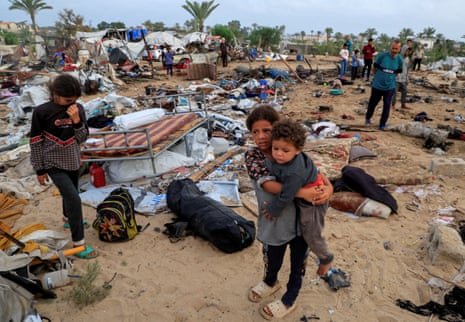
Hundreds of Palestinian people have been killed by the Israeli military since Saturday, including at hospitals and refugee camps.
The attacks are seen by many as part of efforts by Israel to displace Palestinians from the Strip and equivalent to ethnic cleansing as aid into the territory is blocked and residents forcibly removed from their homes.
The relentless bombing campaign came after Israel announced an intensification of its assault on Gaza late on Friday, in what it claimed was a fresh effort to force Hamas, the Palestinian militant group, to release hostages.
Hamas is believed to still hold 57 of about 250 hostages seized in its October 2023 attack on southern Israel, which resulted in the deaths of about 1,200 people.
On Saturday, Hamas confirmed a new round of Gaza ceasefire talks with Israel was under way in Doha. A group official, Taher al-Nono, told Reuters both sides were discussing all issues without “pre-conditions”.
He added:
The Hamas delegation outlined the position of the group and the necessity to end the war, swap prisoners, the Israeli withdrawal from Gaza, and allowing humanitarian aid and all the needs of the people of Gaza back into the strip.
Israel is yet to respond publicly to the proposed deal.
Humanitarian officials, meanwhile, say Gaza is on the brink of catastrophe as food and fuel runs out due to a total Israeli blockade imposed on 2 March, which has also cut off critical vaccines and medical supplies.
Key events Show key events only Please turn on JavaScript to use this feature
Israeli prime minister Benjamin Netanyahu, under pressure on both the domestic and international front, has been accused of manipulating Israel’s war on Gaza to ensure his own political survival.
The Israeli leader is on trial for corruption charges and his opponents say he is deliberately finding reasons to prolong the assault so he can cling on to power as prime minister.
This includes shattering the January ceasefire deal with Hamas by launching a deadly wave of airstrikes on the territory in March, which families fear makes the return of Israeli hostages (alive) less likely.

Netanyahu said at the time that the wave of deadly airstrikes that violated the terms of the ceasefire was “only the beginning”, adding that Israeli forces would strike Hamas with “increasing force” and future ceasefire negotiations would “only take place under fire”.
A temporary first phase of the fragile ceasefire agreement, that came into effect in mid January, ended at the start of March. Hamas wanted to move to an agreed second phase, under which Israel would be required to negotiate an end to the war and withdrawal of its troops from Gaza, and Israeli hostages still held there would be exchanged for Palestinian prisoners.
But talks on the second stage were at an impasse amid Israel’s demand that the first phase be extended until mid-April.
What was proposed in the ceasefire talks in Qatar over the weekend?
As we mentioned in the opening post, there were ceasefire negotiations between Israel and Hamas in Qatar, which has acted as a mediator throughout the war, on Saturday.
According to BBC News, Hamas agreed to release nine hostages in exchange for a 60-day truce and Israel releasing Palestinian prisoners from detention.
Citing an official, the outlet reported that the deal would see entry of 400 aid trucks a day into Gaza and the evacuation of medical patients from the devastated territory.
A Palestinian official close to the talks said: “Hamas is flexible about the number of hostages it can free, but the problem has always been over Israel’s commitment to end the war.”
Israel has reportedly asked for proof of life of the hostages who remain in captivity in Gaza. It has not responded publicly to the proposal, but optimism over an agreement is low.
On Saturday morning, Israeli defence minister Israel Katz said in a statement:
With the launch of Operation Gideon’s Chariots in Gaza, led with great force by IDF command, the Hamas delegation in Doha announced a return to negotiations on a hostage deal, contrary to the intransigent stance they had taken up until that moment.
More than 100 Palestinian people killed in Israeli attacks on Gaza since dawn - report
At least 101 Palestinian people have been killed in Israeli attacks on the Gaza Strip since dawn, according to Al Jazeera.
Gaza’s civil defence agency said Israeli airstrikes on Sunday killed at least 33 people, more than half of them children.
The Nasser hospital in the southern Gaza city of Khan Younis said it received the bodies of 20 people who were killed in multiple overnight Israeli airstrikes that hit houses and tents sheltering displaced families in the so-called “safe zone” of al-Mawasi.
In central Gaza, at least 10 people were killed in two separate Israeli airstrikes, according to the al-Aqsa Martyrs hospital in the town of Deir al-Balah.
One Israeli airstrike in the Zweida town killed seven people, including two children and four women. The second hit an apartment in Deir al-Balah, killing two parents and their child, the hospital said.

Hundreds of Palestinian people have been killed by the Israeli military since Saturday, including at hospitals and refugee camps.
The attacks are seen by many as part of efforts by Israel to displace Palestinians from the Strip and equivalent to ethnic cleansing as aid into the territory is blocked and residents forcibly removed from their homes.
The relentless bombing campaign came after Israel announced an intensification of its assault on Gaza late on Friday, in what it claimed was a fresh effort to force Hamas, the Palestinian militant group, to release hostages.
Hamas is believed to still hold 57 of about 250 hostages seized in its October 2023 attack on southern Israel, which resulted in the deaths of about 1,200 people.
On Saturday, Hamas confirmed a new round of Gaza ceasefire talks with Israel was under way in Doha. A group official, Taher al-Nono, told Reuters both sides were discussing all issues without “pre-conditions”.
He added:
The Hamas delegation outlined the position of the group and the necessity to end the war, swap prisoners, the Israeli withdrawal from Gaza, and allowing humanitarian aid and all the needs of the people of Gaza back into the strip.
Israel is yet to respond publicly to the proposed deal.
Humanitarian officials, meanwhile, say Gaza is on the brink of catastrophe as food and fuel runs out due to a total Israeli blockade imposed on 2 March, which has also cut off critical vaccines and medical supplies.

 4 hours ago
4
4 hours ago
4



